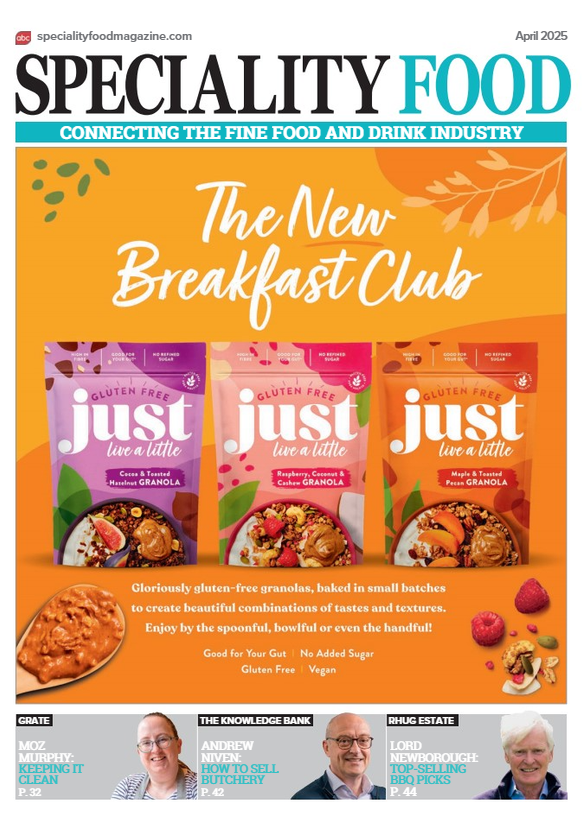“Black and White thinking”

- “Sticky fingers”
- “Everyone’s a winner”
- “Myths and legends of Turophilia”
- “When ‘cheese’ is not cheese”
- “Don’t disrespect the Cheddar”
Last time around I suggested trumpeting the benefits of the produce we offer, and the importance of conveying its taste and of making each purchase viscerally appealing.
I believe that it’s not helpful to just reel off a list of features, or merely the provenance of a particular cheese. However, at the British Cheese Awards dinner in May, I was told of an unusual query about a cheese on sale at a market. An enthusiastic shopper came up to a cheesemonger, who was featuring a new, Cheddar-style cheese. “But is it badger-friendly?” enquired the customer. I don’t know about you, but I don’t have a list of all the milk producers who supply my cheesemakers, let alone their co-operation in badger-culls (presumably the point of the enquiry). I may be blinkered, but I’d not considered this aspect before and thus, for me, this question would have concerned a feature, while to the enquirer, this was an absolute deal-breaker, and a major benefit.
The following day, during the Young Cheesemonger of the Year competition, I fired questions at the contestants on the cheese board selections that they were proposing – was this cheese made with cow or other milk? Was vegetarian rennet used; the milk unpasteurised? With 100% accuracy they came back with answers and suggested substitutes when I asked for alternatives if the response didn’t suit me. In many shops, such data would be on the display labels, using a simple key, including adherence to organic milk and production. I’d resist adding still more data on badger-friendliness to what is supposed to be a selling tool, unless of course such an enquiry became commonplace.
Keeping on top of changing production methods and developments in our cheese stock should be simple, but the lack of direct communication between producer and cheesemonger can stop us being up to date. Wholesale reps sell in new lines and answer questions on them, but how many think to notify existing stockists when changes occur to a cheese? A switch from unpasteurised to pasteurised milk in production will be a reassurance to some shoppers, yet a turn-off to others. A switch from animal to vegetarian rennet will mean that a cheese that was previously verboten to our vegetarian regulars can now be on the menu. So here’s a plea to producers: please try and make sure that such changes are fully communicated to your stockists, however you can – stickers on whole cheeses, building and emailing a database of stockists (some wholesalers won’t cooperate in this), and press releases to magazines such as this. It’s not just to ensure that we are up to date with bland facts, it can increase sales! For the moment, however, don’t feel that you have to let me know about your attitude towards Brock the badger.
more from Town Crier
-
“We’re a resourceful bunch”
17 May 2019 Town CrierIt’s almost exactly 10 years ago that I sat down to create the first business plan for my cheesemonger. -
“Waxing lyrical”
12 February 2019 Town CrierOn a family holiday to Normandy in 1965, my parents and their adult friends were hugely excited by Livarot and Camembert – seldom seen back home in Hampshire. -
“What a wonderful world”
07 January 2019 Town CrierI was one of 235 judges at mthe recent World Cheese Awards,held in Bergen, Norway

